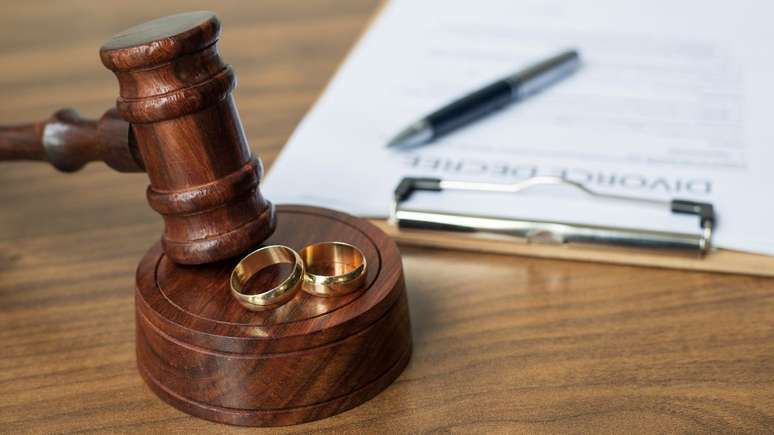Family law attorney Lucas Costa explains women’s rights after divorce
Truth be told: no one gets married thinking about separating, right? But, like everything in life, relationships can end and women often have difficulty identifying them rights during the divorce process.
It is worth mentioning that the power to choose to legally end a marriage is a recent achievement in Brazil. The call “Divorce law” was sanctioned in 1977 and only subsequently were women able to separate and extinguish the marital bond.
What to do after separation?
Division of assets, custody of children, pension… all this becomes a priority and knowing what the legislation says can avoid conflict situations with your ex-partner.
Family law lawyer Lucas Costa explains that the first step is to identify the type of scheme the former couple has signed up to.
“This information appears on the marriage certificate. Until 2003, the regime then considered standard was the ‘universal community of assets’, in which all the couple’s assets are shared, including that acquired before the marriage,” he explains.
According to him, unions registered after 2003 enter the system of “partial community of assets”, a standard regime established by the new civil code of 2002 and which came into force the following year.
“In this case, only what was acquired by the marriage enters into the division. But it is important to look at the certificate to identify which regime was signed,” emphasizes lawyer Lucas Costa.
Once this is done, it is necessary collect information on assets owned by the couple, from real estate, vehicles and investments to businesses. It is also necessary to record in a photo everything that exists, for example, inside the house, such as furniture, decorative objects and household appliances.
“Even if the ex-partner sells these items, it is the woman’s right to receive 50% of the value of each of them. This photographic documentation will serve as evidence in the separation process,” adds the expert.
Child custody and pension
Another important and very delicate point is when the couple has children. If they are under 18 years old, the payment of foods is requiredinform the lawyer.
“First of all, it is important to know what this father’s income is. If he is registered with the CLT scheme it is easier. If he is self-employed it is advisable to demonstrate this with bank statements and also photos of the standard of living that his ex-partner leads”, he underlines .
The pension is calculated based on the father’s income, normally between 15% and 30% of the total, but the amount can vary depending on the needs of the child and the financial capacity of the father.
“Other expenses, such as doctor, pharmacy, dentist and school supplies, may be included as extra expenses and the payment of these amounts will have to be agreed with the judge,” he comments.
Alimony must also be paid when the ex-wife is unable to support herself after the divorce. To do this, you must demonstrate that during the marriage you were financially dependent on your ex-husband.
Furthermore, women do not lose rights to their property if they decide to leave home. This only happens if there is evidence of abandonment of the home for more than two years, a situation that depends on specific characteristics and case-by-case analysis.
He doesn’t want a divorce, now what?
According to the lawyer, the woman does not need the man to accept the request for separation. Divorce is a potestative right, that is, it can be requested by both parties, regardless of the agreement of the other.
In case the woman is victim of Domestic violenceit is necessary to submit a request for precautionary measures so that the physical integrity of women is preserved. The victim can ask for a divorce urgently, because there are specific legal procedures for these more serious cases.
Source: Terra
Ben Stock is a lifestyle journalist and author at Gossipify. He writes about topics such as health, wellness, travel, food and home decor. He provides practical advice and inspiration to improve well-being, keeps readers up to date with latest lifestyle news and trends, known for his engaging writing style, in-depth analysis and unique perspectives.







